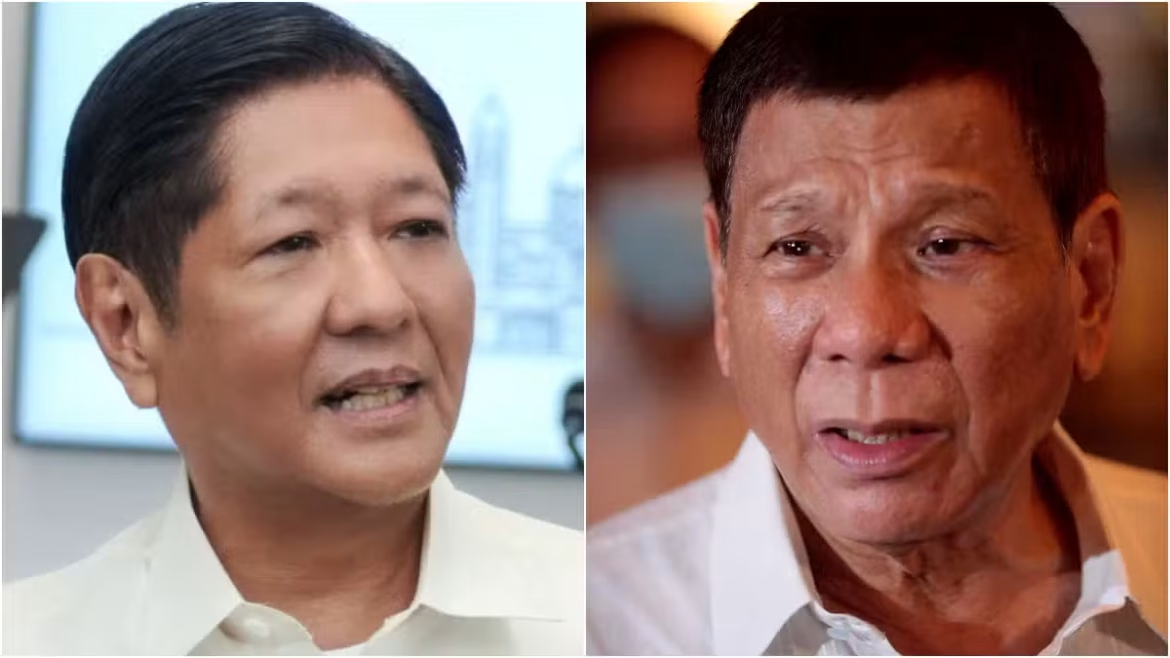Malacañang addressed allegations on Monday regarding the presence of blank items in the 2025 General Appropriations Act (GAA). These claims suggested that the amounts for certain items were intended to be manipulated at the discretion of President Marcos and his associates. President Marcos, in response, firmly denied these accusations during an interview in Taguig City.
The allegations, initially raised by former President Rodrigo Duterte, pointed toward potential irregularities in the proposed budget. Duterte claimed that sections of the budget were left intentionally blank to permit discretion in filling them later, presumably to favor select individuals. According to Duterte, this practice, if true, undermined the transparency and integrity expected in handling public funds.
In a public statement, President Marcos countered these accusations, labeling them as unfounded lies. He emphasized that the budget process followed stringent legal and procedural guidelines, ensuring no room for manipulations as alleged. Marcos underscored the importance of transparency and accountability in fiscal management, assuring the public that the budget underwent comprehensive scrutiny before its presentation.
The 2025 General Appropriations Act outlines the financial plan for the Philippine government for the upcoming fiscal year. It specifies the funds allocated for various sectors, including education, health, infrastructure, and defense. The budget is crucial for implementing government policies and programs aimed at national development and public welfare.
The allegations of blank items in the budget have sparked a significant public discourse. Critics of the administration have expressed concern over potential misuse of public funds. They called for increased transparency and accountability in budget preparation and implementation processes. The opposition stressed the need for thorough examination and discussion of the budget to prevent any possible irregularities.
On the other hand, supporters of President Marcos defended the administration’s handling of the budget process. They argued that such allegations were politically motivated, aimed at tarnishing the current administration’s reputation. They emphasized the need to focus on the substantial gains and improvements brought about by the government’s fiscal policies.
The Department of Budget and Management (DBM) also issued a statement regarding the issue. The DBM reaffirmed its commitment to maintaining transparency and integrity in the budget process. It highlighted the rigorous review and approval procedures undertaken before finalizing the budget proposal. The department assured the public that all allocations were made in accordance with the law and the country’s development priorities.
The controversy over the budget comes amidst a broader context of public scrutiny regarding government spending. Calls for transparency and accountability have intensified, with various sectors urging the government to ensure that public funds are used effectively and equitably. The administration has responded by emphasizing its dedication to ethical fiscal practices and responsible governance.

